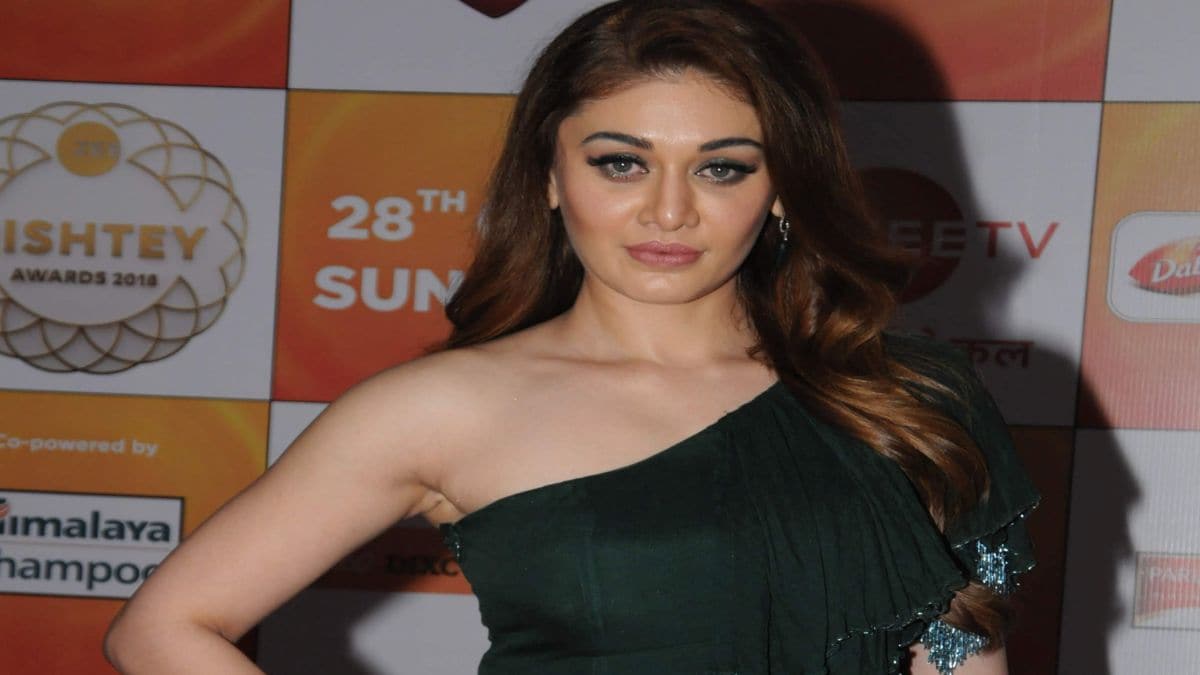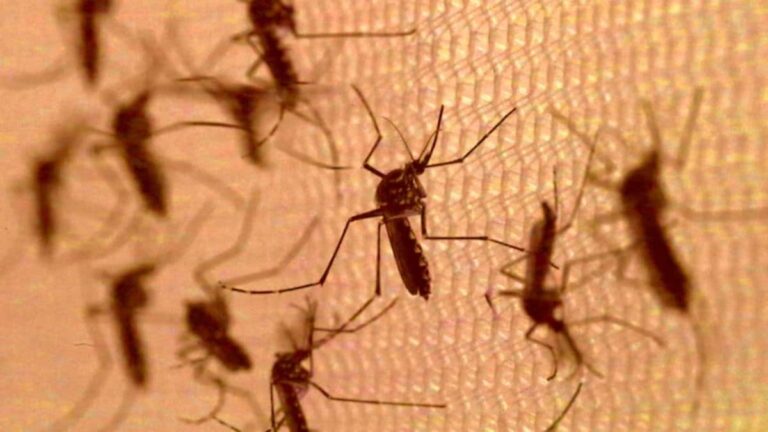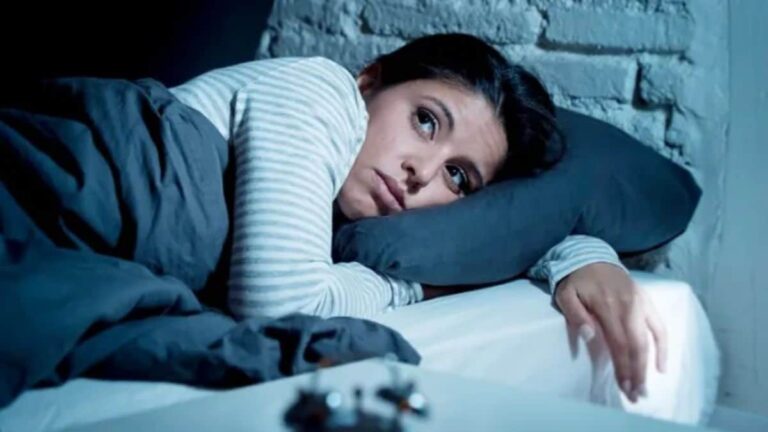Trying to be beautiful can be deadly. The sudden death of actor-model Shefali Jariwala is another cautionary tale in this saga. On Saturday (June 28), India woke up to the news of the death of the 42-year-old, best known for her appearance in the video of the hit remix of the song Kaanta Laga and reality show, Bigg Boss 13.
On Friday night, Jariwala was rushed to a hospital in Mumbai’s suburbs where doctors declared her dead. The cause of her death has not yet been officially confirmed. However, the police ruling out foul play suspected a cardiac arrest to be the cause of her demise.
Jariwala’s demise is believed to have caused owing to the anti-ageing pills and injections she was using — which has once again put the spotlight on the heavy price people pay in their attempt to remain forever young and beautiful.
Jariwala, pills and low BP
As Jariwala’s family and loved ones mourn her loss, the attention has shifted to her alleged use of
anti-ageing treatments
, including pills and even an injection and their alleged reaction to her.
Sources close to her have revealed to various news outlets that the 42-year-old was ingesting anti-ageing pills and even using glutathione injections for the past five-six years to maintain a youthful appearance.
According to the findings from the initial medical examination, Jariwala’s death was “a result of low blood pressure, cardiac arrest and heavy gastric condition”. And people close to her have now revealed that she had reportedly been fasting for a puja on the day of her death and had taken her regular pills and an anti-ageing injection on an empty stomach.
Experts note that this may have been fatal to Jariwala — when pills or injections are taken without eating, they interact with the body quite differently than intended. In some extreme cases, it can lower blood pressure, resulting in a cardiac arrest.
Use of anti-ageing medicines and glutathione injections
While it hasn’t been confirmed, the reported use of anti-ageing pills and injections has become a big focus of the case.
Anti-ageing medication comprises drugs or a combination of drugs to slow down the process of ageing. In many cases, chemicals are repurposed from drugs meant for other diseases. Dr Rishi Parashar, Chairman, Dermatology, Sir Gangaram Hospital, Delhi, in an Indian Express report explains, “The problem with repurposed drugs is that they may have US FDA (Food and Drug Administration) and even CDSCO (Central Drugs Standard Control Organisation) approvals for a certain disease. But then their components are played around with by certain supplement makers claiming anti-ageing properties.”
Many note that these ‘anti-ageing doctors’ prescribe the use of hormones willy-nilly. Nanette Santoro, MD, director of the Division of Reproductive Endocrinology & Infertility at the Albert Einstein College of Medicine, is quoted telling CNN, “The concept is that if you take a 60-year-old woman and duplicate the hormone environment from when she was 20, she’ll feel like she’s 20.”
In several cases, they use human growth hormone (HGH), a synthetic version of a pituitary hormone believed to be the miraculous fountain of youth. However, science shows that HGH predisposes people to heart disease, diabetes, and cancer.
Several other so-called experts sell their own line of supplements with no scientific backing, making it risky for users.
Also under scrutiny is glutathione injections. Glutathione is an antioxidant, very good for your skin, that provides much needed immunity to detoxify your cells. It is produced by the liver and involved in many body processes.
In the beauty industry, glutathione is administered — either intravenously or orally — to brighten the skin or to attain the lost lustre of the skin. However, this is not approved by medical bodies for cosmetic skin lightening. Data has, in fact, revealed that glutathione can cause allergic reactions, low blood pressure, kidney injury and interference with the body’s natural antioxidant balance. This has led various global health agencies warning against its use for cosmetic reasons.
Moreover, glutathione is not legally available in India for skin treatments. Yet skin clinics administer glutathione injections, often alongside Vitamin C.
Dr Deepali Bhardwaj, a consultant dermatologist, Delhi-NCR’s Max Hospital, also noted that often women buy this chemical compound off the internet, without realising if it is counterfeit or safe to use.
In fact, some medical studies have shown that continued use of glutathione could cause a strain on kidneys and liver, leading to serious health problems.
Cosmetic surgeon Dr Anup Dhir also told Indian Express, “A very important part of a glutathione injection is dosage, which needs to be calibrated and administered as per body weight. The recommended daily dose of glutathione for adults ranges from 500-2,000 mg per day when taken orally, or 10-20 mg/kg body weight when administered intravenously for disease supportive therapies. Who knows how much is being given for the skin?”
Age well, age healthily
Many dermatologists note that the one lesson to learn from Shefali Jariwala’s demise is the importance of experts. They note that instead of going to unlicensed professionals, opt for a qualified dermatologist — one who would inform patients of treatments and their risks. They also warn against social media and those who appear on flashy Instagram reels perpetuating the wonders of their treatments.
As Dr Bhardwaj wrote in The Print, “Good dermatologists don’t have flashy Instagram ads because we’re too busy treating patients. Meanwhile, quacks spend fortunes on SEO, luring victims with cheap prices and empty promises.”
Doctors also note that ageing naturally would be the best option to take. Back-to-basics approach is time-tested and a lot less costly – for your wallet and your health.
With inputs from agencies
























